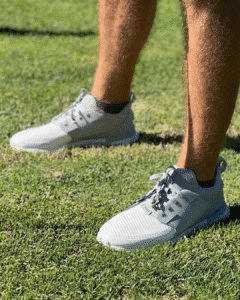With spring in the air and the weather starting to warm up there is a rise in outdoor activity in the Northern Beaches. A popular choice of activity amongst Northern Beaches residents is swimming which can be a great form of exercise.
Swimming is a unique form of exercise because it combines strength and coordination of upper and lower extremity’s as well as cardiovascular endurance and it is all done in a non-weight bearing environment. This is a great and unique attribute about swimming because it means we don’t put our joints under similar stresses as running and if you are suffering from arthritic joint pain it can be a solid choice of activity.
However, swimming is not exempt from injuries. I have found people believe that swimming is a better choice if they are trying to avoid higher impact forces through their joints and body but we don’t need large forces to cause injury. The National Collegiate Athletic Association (NCAA) has found four shoulder injuries for every 1000 hours trained and shoulder injuries consist of 40-90% of all injuries in swimmers.
There are four main strokes during swimming which include, freestyle, butterfly, backstroke and breaststroke. Freestyle is the most common choice of stroke to train and thus the shoulder injuries that are seen are a result of this form.
The issue with swimming is although it is low impact it substitutes this for high repetitions of the same movement. This can cause imbalances between the front and back of our shoulders. Swimmers end up having a very tight front shoulder and lax back shoulder. As the front of our shoulder starts to tighten and our hand enters the water it causes the shoulder to impinge on itself which can lead to repetitive strain injuries of the tendon’s.
There are ways to manage and prevent shoulder injuries such as this to maintain your swimming. Here are a few tips to help maintain your swimming.
- Limiting the increase in weekly training intensity to 20% of the previous week.
- Rotator cuff strengthening
- Pectoralis stretching
- Shoulder mobility exercises
- Scapular stabilization exercises
For more information on swimming and preventing injury come down to Melmer Holistic Health and we are happy to help!
Get in touch with us here to book your next appointment.
Disclaimer: This post is for general information only and is not a substitute for personalised medical advice. If you’re experiencing recurring or concerning symptoms, especially neurological ones and or severe uncharacteristic headaches, please speak to your GP or seek urgent medical care. Social media isn’t a diagnosis tool, even when it’s run by a qualified health professional.





